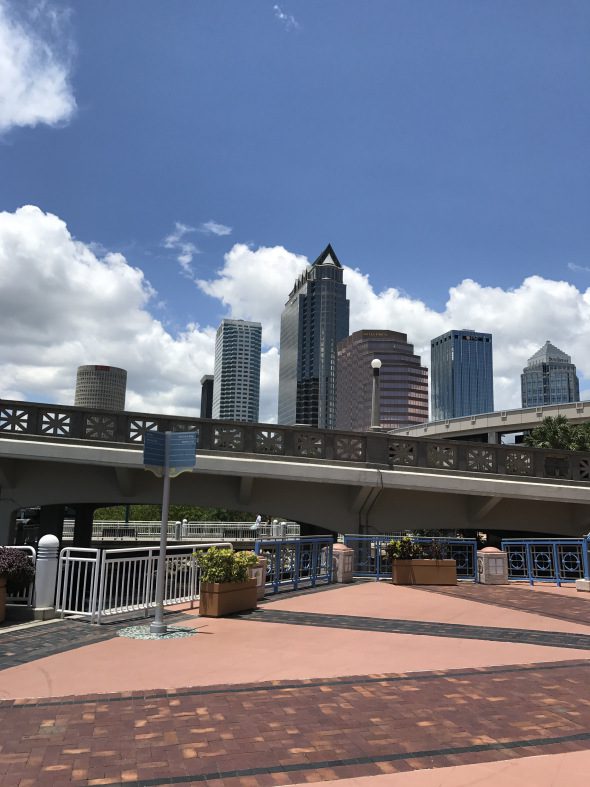There’s a supply chain revolution going on similar to the disruption caused by the industrial revolution and it’s changing how we look at real estate and urban development. People are moving back to cities, causing urban environments to grow density at faster paces. That, along with people using the Internet to get access to their consumer goods quicker, is causing the supply chain to require being refined. Now the supply chain has to take into consideration how to get things fulfilled and shipped quicker as well as how to get to the masses quicker, using the old existing infrastructure. It’s no shock it’ll take time to build out new production, fulfillment and shipping details, and it’s clear that population growth and a structural change in how we consume goods will cause long term effects plus major changes to infrastructure.
Changes to Infrastructure
Tech startup companies will affect office space, online ordering will affect industrial properties, augmented and virtual reality will affect retail showrooms, and newly wireless amenities will affect grocery shopping and apartment living.
We can see that taking effect right here in our own backyard as our regional Tampa Bay urban areas grow noticeably into new landscapes, while our rural areas along major highways get developed from old farms and an agricultural base into operational facilities and business parks. Land prices are going up and there’s very little reason to see them recede in the near future, almost regardless of an economic correction, because there are enough new economic drivers creating demand in single family housing, multi family housing, higher education growth, back-office needs, distribution, manufacturing, retail, solar, bio-life sciences, and technology startups.
Add to that our close general proximity to Orlando and you start to see why the I-4 Corridor in Plant City and Polk County is so critical to our future growth.
What To Expect in Growth
Be careful though not to believe the pace of this growth is quicker than expected because the infrastructure changes required to meet the needs of new population growth and new drivers are pretty significant. For example, with office leasing we are seeing absorption and rising rates, but as we expect new high tech companies to move here we still have to cultivate the labor force for companies to hire from. If startups and high growth companies can’t find the right employees to meet their growth demands then they won’t expand their office footprint as required. If they can’t expand then they won’t take more real estate or pay higher rents, thus creating an expectation gap at some point.
We still rely on and require people to occupy real estate, and the next step to Tampa’s jump to a next level city is to develop the young workforce into high-skills / high-wage opportunities. The ball is in motion and that’s the direction we’ve put ourselves in the last 7 years, but we still have a way to go in order to fully build out that labor force. Tampa recently got the spotlight for creating tech jobs in a positive way.
Leading Economic Indicators show a steady and consistent path for GDP through 2018, meaning that we are looking more and more like a plateau than a peak. New residential construction is up a good percentage, as are personal incomes, so consumer spending should last through the holidays. The longer we stay in this constant and consistent state of activity then the more accustomed the market will get to growth and expectation gaps will shrink. There’s a new market reality being seen nationally with the supply chain and locally with changes in our drivers and labor force.
Call Fortress CRE, so we can talk expert advice on where your real estate strategy should be focused in West Central Florida. Fortress Commercial Real Estate (CRE) adds value to business owners looking to grow through their real estate, office and building needs.
Contact us online, call us at 813.444.3330 or email us at kostas@FortressCRE.com for more sound advice.


